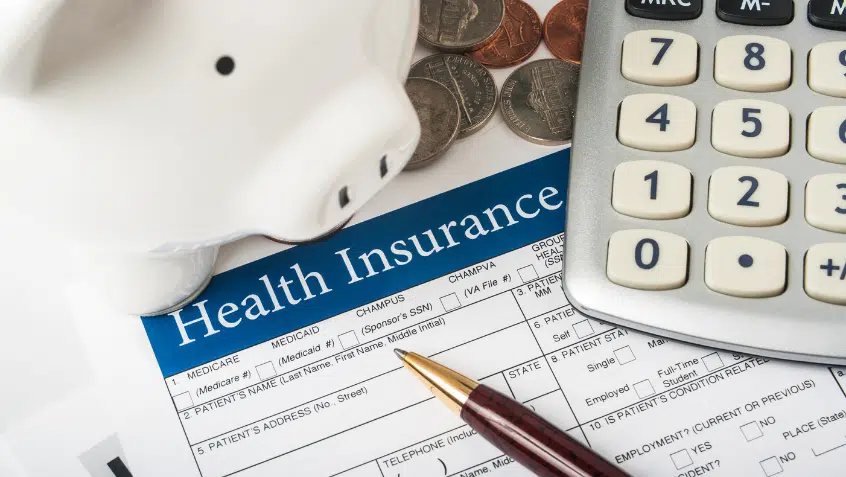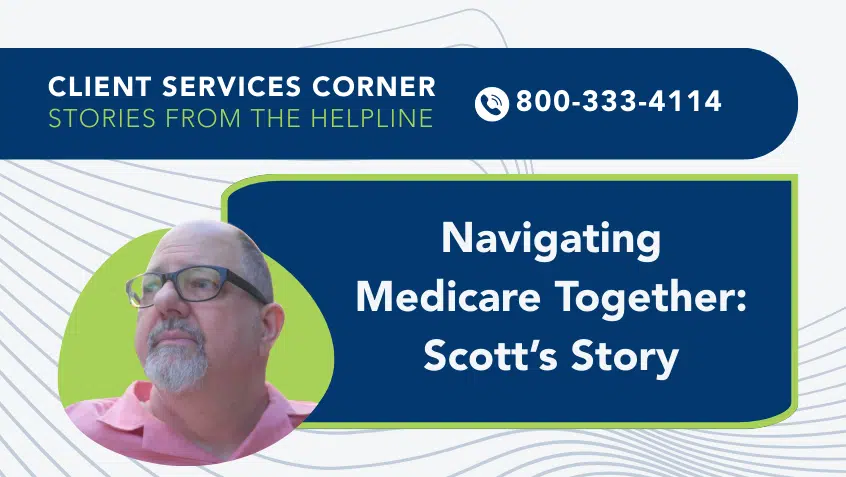Join Us Live for a Discussion on Medicare, Democracy, and the Future of Health Care
Proposed Reconciliation Package Would Advance Health and Racial Equity

Recent reports from the Kaiser Family Foundation (KFF) and the Center on Budget and Policy Priorities (CBPP) examine how key health care investments in the House’s draft budget reconciliation bill, the Build Back Better Act, would advance health and racial equity for people with Medicare, their families, and the population at large.
Among the cited provisions are several that would reduce the number of un- and underinsured Americans by making coverage more affordable, available, and accessible. These policies include:
Improving Medicare Coverage — As approved by the committees, the House bill would expand Medicare Part B to cover more comprehensive vision, dental, and hearing services. Currently, many people with Medicare must pay high out-of-pocket costs for this care, putting it out of reach for millions. This lack of access can magnify inequities, put beneficiary health at risk, and lead to more costly and invasive treatments later. Medicare beneficiaries most likely to report difficulty getting vision, dental, or hearing care include individuals with low incomes (e.g., 31% for those with incomes under $10,000); those in fair or poor health (30%); and Black and Hispanic enrollees (25% and 22%, respectively).
Lowering Prescription Drug Costs — Most people with Medicare cannot afford high and rising prescription drug costs. Half of all beneficiaries—nearly 30 million people—live on $29,650 or less per year, and one quarter live on $17,000 or less. They also have limited savings; this is particularly true for enrollees of color: Hispanic Medicare enrollees have median savings of $9,650, and 27% have no savings at all. The median savings for Black Medicare enrollees is $14,500, and 1 in 4 have no savings. Yet, yearly price hikes on brand name drugs continue to routinely exceed the rate of inflation and new drugs are launching at ever-higher price points, further eroding beneficiary access. The House budget reconciliation bill takes steps to meaningfully reduce drug prices and lower costs for people with Medicare and the program, including by allowing Medicare to negotiate drug prices and restructuring the Part D benefit to cap beneficiary out-of-pocket costs at $2,000 a year.
Closing the Medicaid Expansion Coverage Gap — The bill creates a pathway to coverage for 2.2 million people with incomes below the poverty line, nearly 60% of whom are people of color, in the 12 states that haven’t adopted the Affordable Care Act’s (ACA) Medicaid expansion.
Strengthening Medicaid HCBS—The legislation dedicates $190 billion to improving the quality of and access to Medicaid home- and community-based services (HCBS). This funding would also bolster the home care workforce, which is primarily women of color. This investment would be a significant step, but is lower than the $400 billion increase supported by the White House and advocates like Medicare Rights, and lower than many advocates think is needed. We continue to urge Congress to pass full funding, as outlined in the Better Care Better Jobs Act (S. 2210/H.R. 4131). The bill’s other important Medicaid HCBS improvements include making the Money Follows the Person and spousal impoverishment programs permanent.
Allowing Medicaid Reentry Coverage — The bill seeks to improve continuity of care for people leaving jail or prison by allowing Medicaid to pay for their health care services during the last 30 days of their incarceration. Doing so would help address gaps in care and improve health outcomes for this population, which is disproportionately comprised of people of color.
Extending ACA Subsidies — The Build Back Better draft permanently extends the American Rescue Plan Act’s (ARPA) premium tax credit increase, in an effort to make marketplace coverage more affordable for more people. Nearly 11 million uninsured people are eligible for subsidies under the ACA and ARPA; of this group, about half are people of color.
We applaud these reforms and urge Congress to further address racial disparities by including a modernization of Medicare’s low-income assistance programs in the final bill. Low-income Medicare beneficiaries, most of whom are enrollees of color, often struggle to afford needed care and prescription drugs. While help paying these costs is available, those assistance programs—including the Medicare Savings Programs and the Part D Low-Income Subsidy—have overly strict, outdated eligibility rules that leave far too many people unable to afford care and unable to qualify for help. Easing access to this critical relief would improve utilization and promote equity.
As negotiations on the size and scope of the reconciliation package continue, now is the time to weigh in! Use our action center to ask your lawmakers to ensure long overdue health care and equity reforms are part of the final bill.
KFF, Racial and Health Inequities in Medicare
CBPP, House Build Back Better Legislation Advances Racial Equity
Show Comments
We welcome thoughtful, respectful discussion on our website. To maintain a safe and constructive environment, comments that include profanity or violent, threatening language will be hidden. We may ban commentors who repeatedly cross these guidelines.
Help Us Protect & Strengthen Medicare
Donate today and make a lasting impact
More than 67 million people rely on Medicare—but many still face barriers to the care they need. With your support, we provide free, unbiased help to people navigating Medicare and work across the country with federal and state advocates to protect Medicare’s future and address the needs of those it serves.
The Latest
Most Read
Add Medicare to Your Inbox
Sign up to receive Medicare news, policy developments, and other useful updates from the Medicare Rights.
View this profile on InstagramMedicare Rights Center (@medicarerights) • Instagram photos and videos









